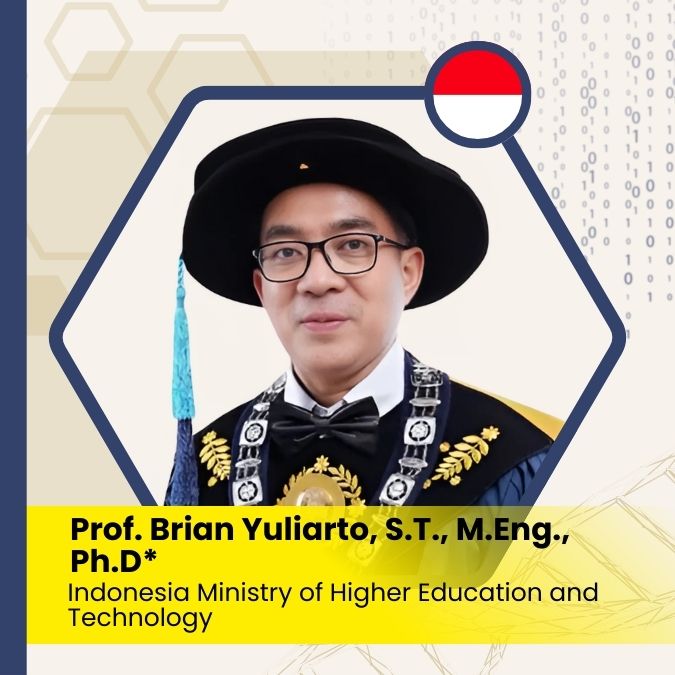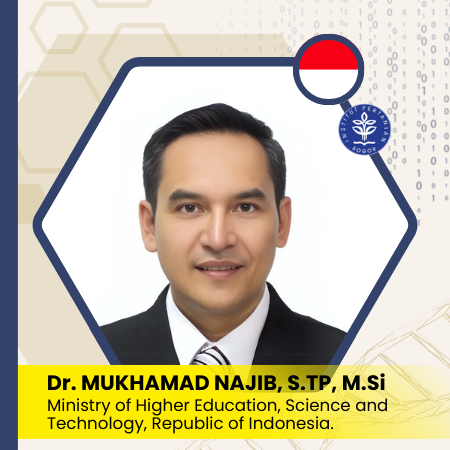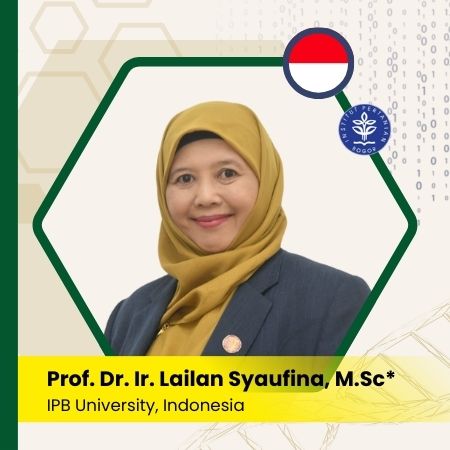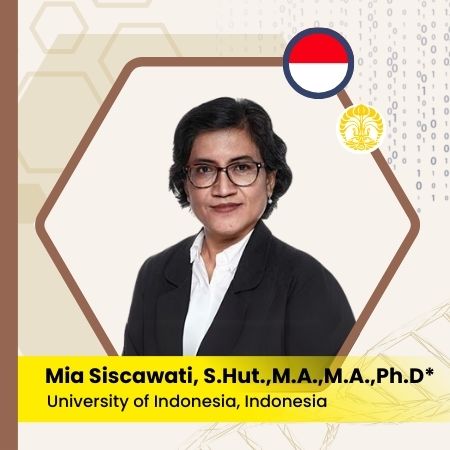Utilization of BSF for Integrated Farming in Supporting Sustainable Economy: A Case Study in Bogor, West Java
Keywords:
Black Soldier Fly (BSF) larvae, Integrated farming, Bioconversion, Circular Economy, Waste managementAbstract
This study explores the use of Black Soldier Fly (BSF) larvae in integrated farming to support a sustainable economy, focusing on a case study in Bogor, West Java. Poultry, especially quails, are significant in Indonesia for their eggs, which are rich in nutrition and versatile in culinary uses. However, the increasing demand for quail products results in higher waste production, particularly quail excreta, which emits ammonia and poses environmental and health risks if not managed properly.
The bioconversion technique, utilizing BSF larvae, offers a solution by converting quail excreta into valuable resources. BSF larvae are known for their ability to thrive in various environments due to their broad pH tolerance. This study aims to evaluate the economic potential of bioconverting quail excreta using BSF larvae within the Circular Economy (CE) framework, which emphasizes resource efficiency and long-lasting product generation while benefiting the socio-economic aspects and the environment.
The main objective is to conduct a circular economy analysis of quail excreta bioconversion using BSF larvae and to develop a circular economy model that integrates quail farming and BSF maggot cultivation. The research design involved two steps. The first step was the implementation of an initial model from July to October 2023, which included observation, weighing, survey questionnaires, and in-depth interviews using both qualitative and quantitative methods. The second step focused on developing the model for Bogor from March to June 2024 through Focus Group Discussions (FGD) and in-depth interviews, followed by qualitative analysis.
The results indicate that the initial model was successfully applied, demonstrating the feasibility of integrating BSF larvae bioconversion into quail farming. The model was further refined based on qualitative insights gathered from stakeholders, ensuring its applicability to the local context. A comprehensive plan was devised for rolling out the enhanced model in Bogor, with considerations for scalability and adaptability to other locations.
This study concludes with the development of a model that can be applied to the study location and potentially adapted to other suitable locations. This research highlights the importance of implementing innovative waste management solutions in agriculture to promote sustainability. The use of BSF larvae in bioconversion exemplifies how circular economy principles can be applied to agriculture, mitigating environmental impacts and enhancing the economic sustainability of farming operations.






























